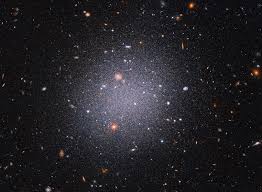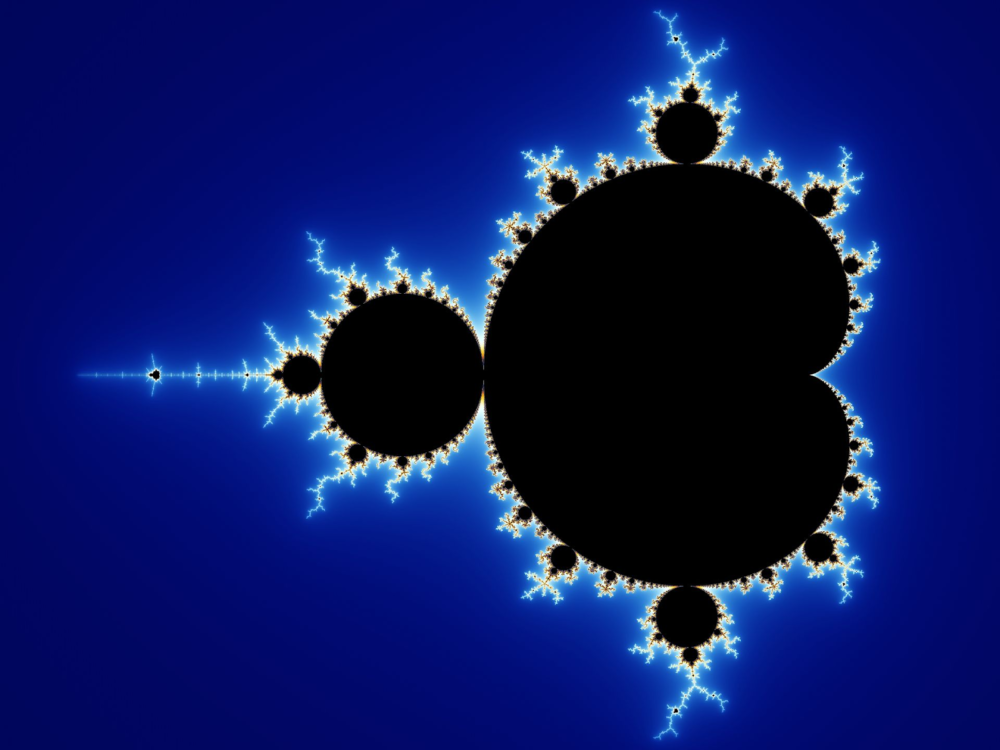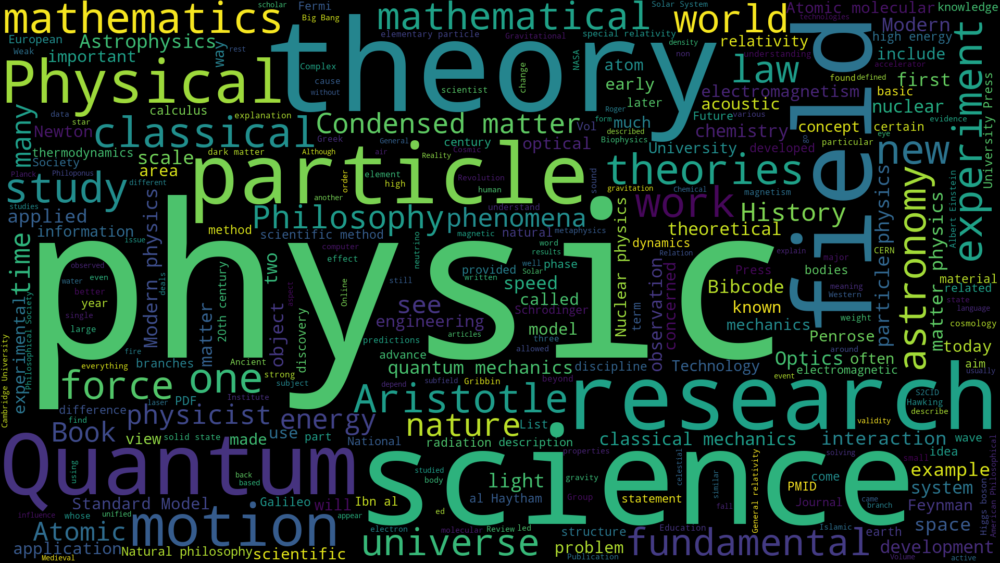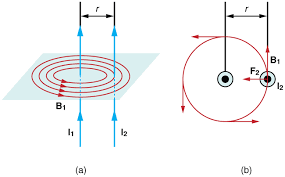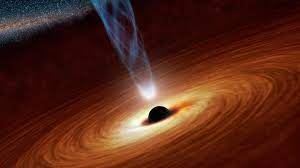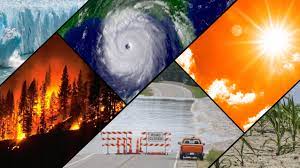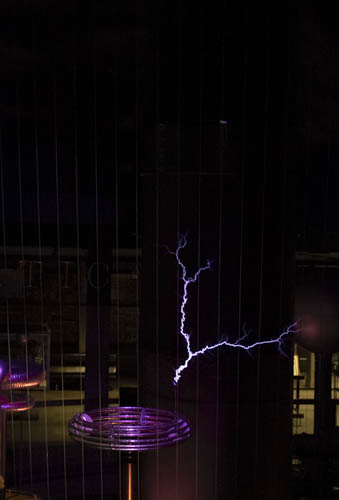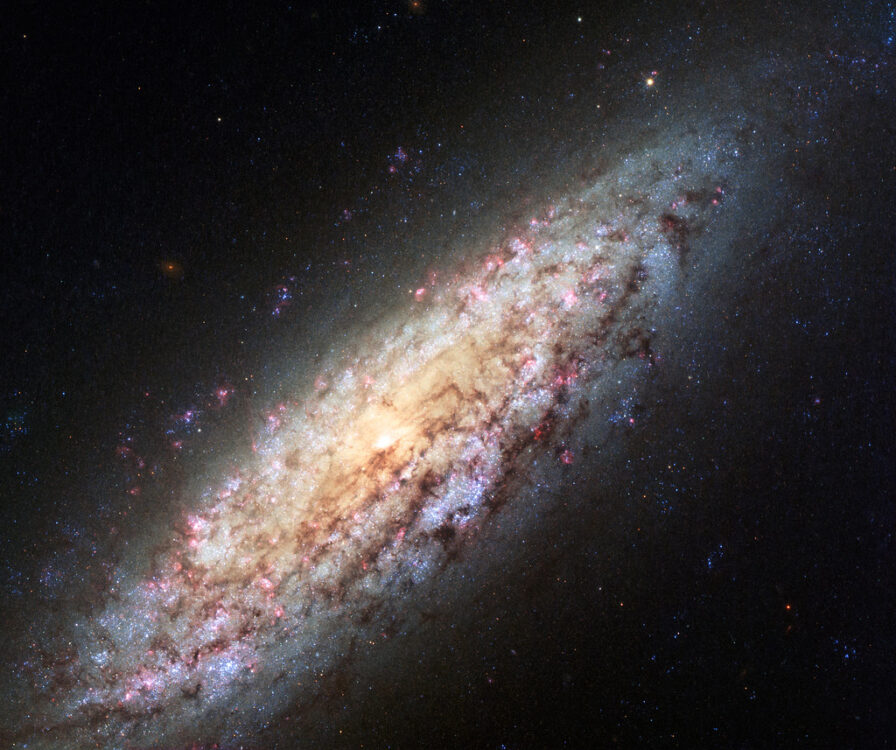Into the fire and the fog
Scientists gathered in anticipation after new data was received from dark matter detectors around the world. These detectors used xenon in a novel way to detect neutrinos in an effort to deepen their understanding of dark matter in the universe. However, the anticipation proved ill-fated. As it turns out, this method is naturally flawed by […]
Into the fire and the fog Read More »
